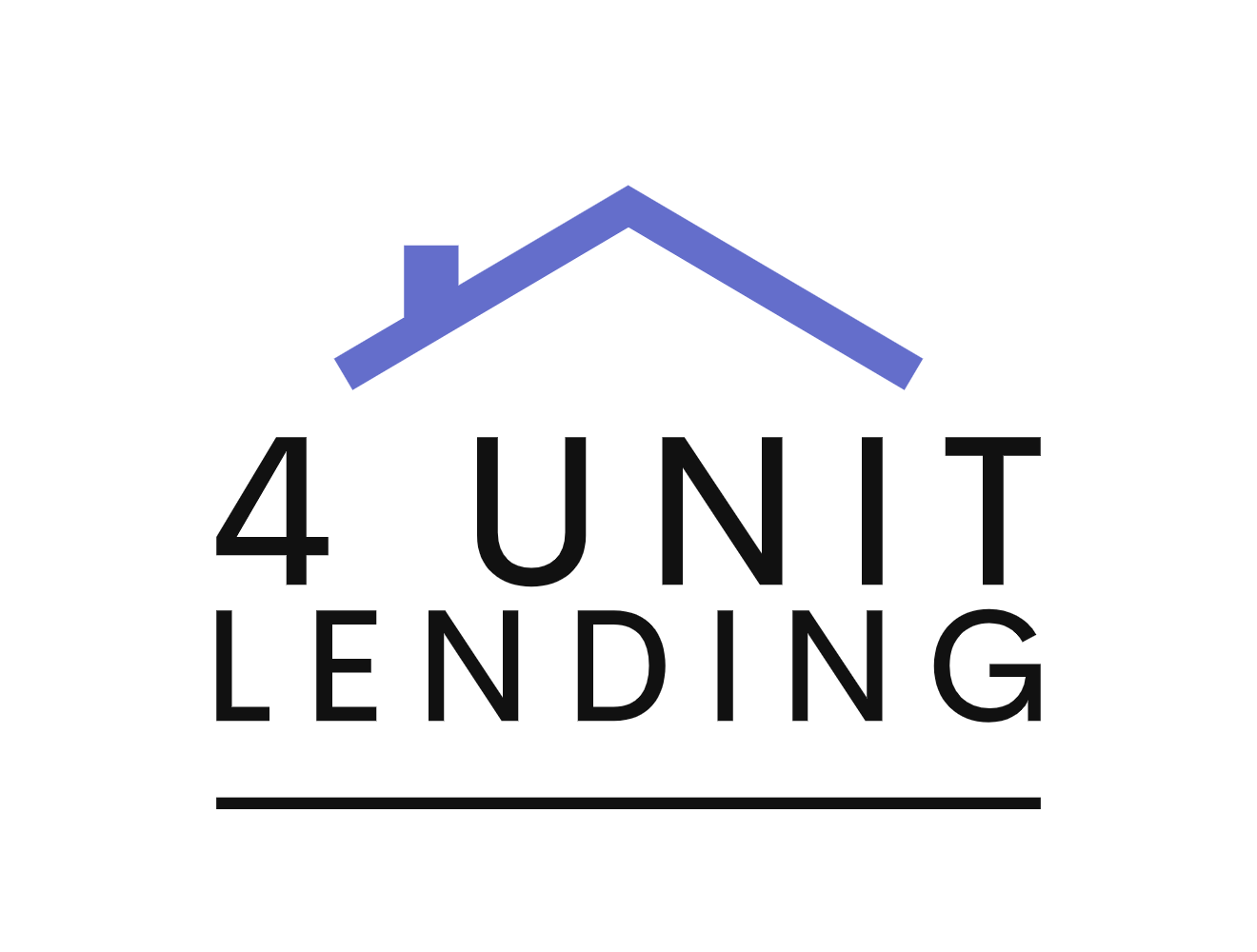
MoMo Productions/Getty Images; Illustration by Austin Courrege/Bankrate
Key takeaways
Mortgage lenders typically evaluate a borrower’s creditworthiness using FICO Scores 2, 4, and 5.
These scores are the ones used by Experian, Equifax and TransUnion — the three major credit bureaus.
While newer versions of the FICO score have been introduced, the mortgage industry largely relies on these older versions due to regulation.
Which credit score do mortgage lenders use?
Fannie Mae and Freddie Mac use FICO scores to determine borrower eligibility for conforming loans, which make up most mortgages. Mortgage lenders have traditionally used three different FICO scores to determine your credit score. They are:
FICO Score 2 (Experian)
FICO Score 4 (Equifax)
FICO Score 5 (TransUnion)
Lenders usually get a combined report of these scores, known as a tri-merge report, which includes details from all three reports. Lenders then use the score that lands in the middle to make their lending decisions.
Small differences between FICO versions
FICO score versions 2, 4 and 5 are different iterations of a similar formula. Since being introduced, these different scoring models have been updated by their respective credit reporting companies (Experian, Equifax and TransUnion). While they used to have many differences due to regionality, they now have become more interchangeable, according to Ted Rossman, Bankrate’s senior industry analyst.
While newer versions of the FICO score have been introduced, the mortgage industry largely relies on these older versions due to regulation.
Compare: 30-year mortgage rates today
What factors impact your FICO score?
Each FICO score model follows a similar formula to arrive at your score. Here are the different factors and how they make up your score:
Payment history (35 percent): The biggest piece of your credit score is how you’ve managed your debt payments. A long history of reliable, on-time payments will result in a much higher score. If you have late payments, delinquency or a foreclosure on your report, your score will suffer.
Amount owed (30 percent): The amount of debt you have in relation to the total amount of credit available is known as your credit utilization ratio. The higher the percentage of debt you have, the lower your credit score.
Length of credit history (15 percent): The age of your open and closed accounts factors into your score, with older accounts being a positive.
Credit mix (10 percent): The makeup of your debt and credit types also has an impact on your score. In general, variety is better, with lenders looking at lines of credit, as well as installment loans, like auto loans, student loans and mortgages.
New credit (10 percent): If lenders see that you’ve applied for multiple credit lines in a short period of time, your score will get dinged. However, this doesn’t apply if you’re shopping around for a loan like a mortgage or auto loan. As long as you apply to multiple lenders within a 45-day period, your applications will be grouped together as one inquiry.
Do all mortgage lenders evaluate the same score?
For conforming loans, mortgage lenders evaluate the same FICO scores. The government-sponsored enterprises (GSEs), Fannie Mae and Freddie Mac, require all lenders who sell mortgages to them to use the same FICO models.
Lenders take these three scores and use whichever number falls in the middle to make credit determinations. If two of the three scores are the same, the matching score is the one used.
Example
Say you’ve applied for a mortgage and the lender runs a hard credit pull and obtains a tri-merge report. In this report, they find your scores are:
FICO Score 2 (Experian): 679
FICO Score 4 (Equifax): 683
FICO Score 5 (TransUnion): 694
Of these, 683 is the score they would use to determine your eligibility, as well as to calculate your interest rate.
Credit scoring could be changing
The FICO Score 10T was originally slated to become the standard for conforming loans at the tail end of 2025. This version was created to further improve predicting credit risk by doing things like parsing out medical debt from other debt and attempting to better assess consumers with lower credit history. However, due to recent changes at Fannie Mae and Freddie Mac, the adoption of this version for mortgage lenders has been put on indefinite hold.
What credit score do you need to get a mortgage?
Conventional loans: Minimum of 620
FHA loans: Minimum of 500 with 10 percent down; 580 with less than 10 percent down
VA loans: Most lenders require a minimum score of 620, though some may take less
USDA loans: Most lenders require a minimum score of 640, though some may take less
Jumbo loans: Typically at least 700, though some lenders may take as low as 680
Learn more: What credit score do you need to buy a house
Next steps: How to improve your credit score to get a mortgage
Before applying for a mortgage, make sure to check your credit reports and scores for any errors such as incorrect late payments or closed accounts. If there’s an error, contact the bureau to dispute it and get it corrected. Addressing mistakes like these can greatly improve your credit score.
You’ll also want to ensure you’re practicing good financial hygiene by paying all your bills on time and reducing any credit card balances you might have. Many lenders require some form of cash reserves as well — usually a few months’ worth of payments — so make sure you have some money stashed away to account for this.
Finally, avoid opening new accounts or taking on any large forms of debt prior to getting a mortgage. Applying for a new credit card or taking out an auto loan, for instance, can affect your credit score.
Learn more: Best mortgage lenders for bad credit in 2025

